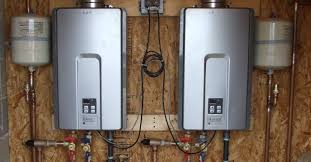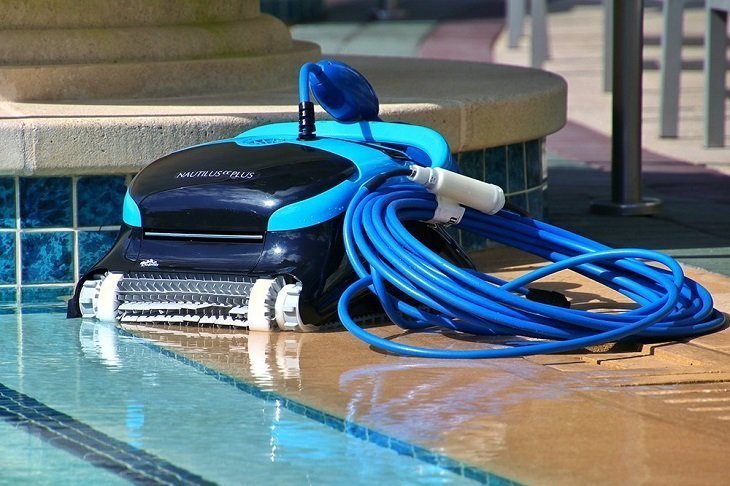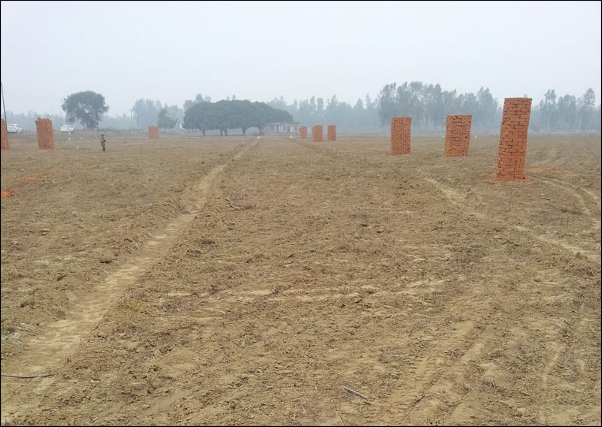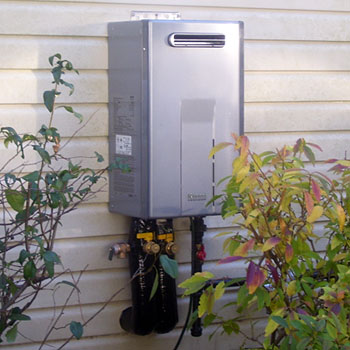 Many holiday home owners are discussing the pros and cons of installing a tankless water heater as opposed to a conventional electric storage heater in their property. So I thought why not give you an understanding whether a tankless water heater is worth the investment.
Many holiday home owners are discussing the pros and cons of installing a tankless water heater as opposed to a conventional electric storage heater in their property. So I thought why not give you an understanding whether a tankless water heater is worth the investment.
While there are both gas and electric powered tankless water heaters available in the market, we will take a look at only the gas powered tankless water heaters, because they are more efficient and hardly make a difference when there are major outages or power-cuts.
But first, for those who are not familiar with tankless water heater, these water heaters heats the water on a need basis instead of continually heating water stored in a tank, which means when you need hot water and open a hot water tap, the tankless water heater’s water flow turbine senses the flow and starts heating the water as it passes through. There is control board that monitors the water flow turbine taking into consideration the incoming water temperature, desired water temperature as set on the temperature controller, and the calculated difference between the two. Depending on the calculated incoming and desired water temperatures, the controller modulates the gas flow into the burner assembly.
Okay, now that we know how it works, we come to the question whether I would recommend a gas powered tankless water heater to our owners?
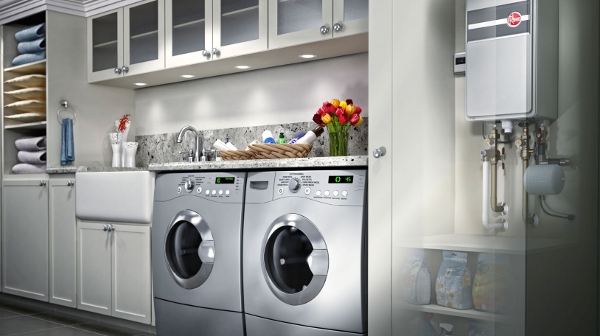
The first point to consider is that a tankless water heating system will have higher installation costs that their counterparts. So is it worth? I think, Yes. I had stayed in a hotel when the outside temperature was about 6oC (44.2oF) and it worked splendidly. Yes, I had to wait a couple of minutes for the hot water, but it was enough for three of us to bathe at one stretch. While a tankless water heater may have higher installation costs, it usually costs less to operate because of lower energy use since it only heats water when required instead of continuously maintaining a tank of heated water.
To get a first hand knowledge of whether tankless water heaters are actually advantageous I spoke to Delhi-based Nikhil Jain, Business Development Manager of Sanicon Energy Solution, manufacturing tankless water heaters who tells me that “the cost of installation including the pressure pump which is invariably required comes with a price tag of INR 52,000 (USD 956.023) without electricity backup and with electricity backup will cost around INR 74,000 (USD 1,360.41).”
Since the company operates from Delhi and has no dealers or service networks, “the owner who will install the company’s tankless water heaters will have to bear the conveyance costs of the technicians too” – a little higher installation costs vis-a-vis normal electric water heaters.
But then, tankless water heaters last about 10 to 15 years longer than a tank heater. This means that the money you had invested in installing for the first time can be recovered substantially.
These water heating systems take up much less space. They can be mounted on the wall and can be installed indoors or outdoors, whatever your need is.
Another aspect I like about tankless water heaters is that they provide you with an unlimited amount of hot water. And because the water is not stored, you get fresh water every time you open the tap.
What I like about tankless water heaters is the fact that you can control the temperature of the water. Based on the outside temperature you can make your adjustments. This means that you can save a lot of energy.
You must now be asking ‘if tankless water heaters have some many advantages, why don’t everyone install one?’
Well, on the downside, a tankless system can cost up to three times as much as a tank heater and often requires costly upgrades to your natural gas line and an expensive venting system – a factor why holiday home owners shy away from installing them.
Then, there may be a longer wait for the hot water to reach the faucets because it only heats water on demand. The water in the pipes starts at room temperature when you open the tap.
At very cold places the wait for hot water may be longer and with longer use one might get splashes of cold water in between if the force of water flow is greater.
So is it cost-effective to switch from your traditional tank heating system?
I would say if your holiday home sees more than 3-4 guests staying at one time, installing a tankless water heating system makes sense. When there are more guests staying, the demand for hot water for various purposes like shaving, bathing, etc. increases and a tankless water heater can provide uninterrupted hot water supply. Also consider the frequency of electric outages in your area. If it’s frequent and are for longer periods, then a gas powered tankless water heating system is the best answer to your problem. Otherwise, with just a couple of guests in your holiday home a traditional water heater should suffice.
If we go by Nikhil’s calculations, which I don’t doubt, although tankless gas powered water heaters come with a higher installation cost, the cost of running is very low – almost ¼th of the cost incurred by electric water heaters. “On an average the cost of one liter of hot water using a electric heater is 55 paisa (USD 0.010), while that of a gas powered tankless heater is 13 (USD 0.002)-14 paisa (USD 0.002) per litre,” Nikhil added.
Maintenance costs of tankless water heaters:
Most companies like Sanicon give a year’s warranty and the annual maintenance at the end of the first year is free. From the second year the AMC is around INR 2500 (USD 45.9645), which is considerably very low.
So if you have decide to install a tankless water heating system in your holiday home you can check the prices and buy one by clicking here…
For Indian home owners who would like to install a gas powered tankless heater you can contact Nikhil Jain at +91-9810858062.

